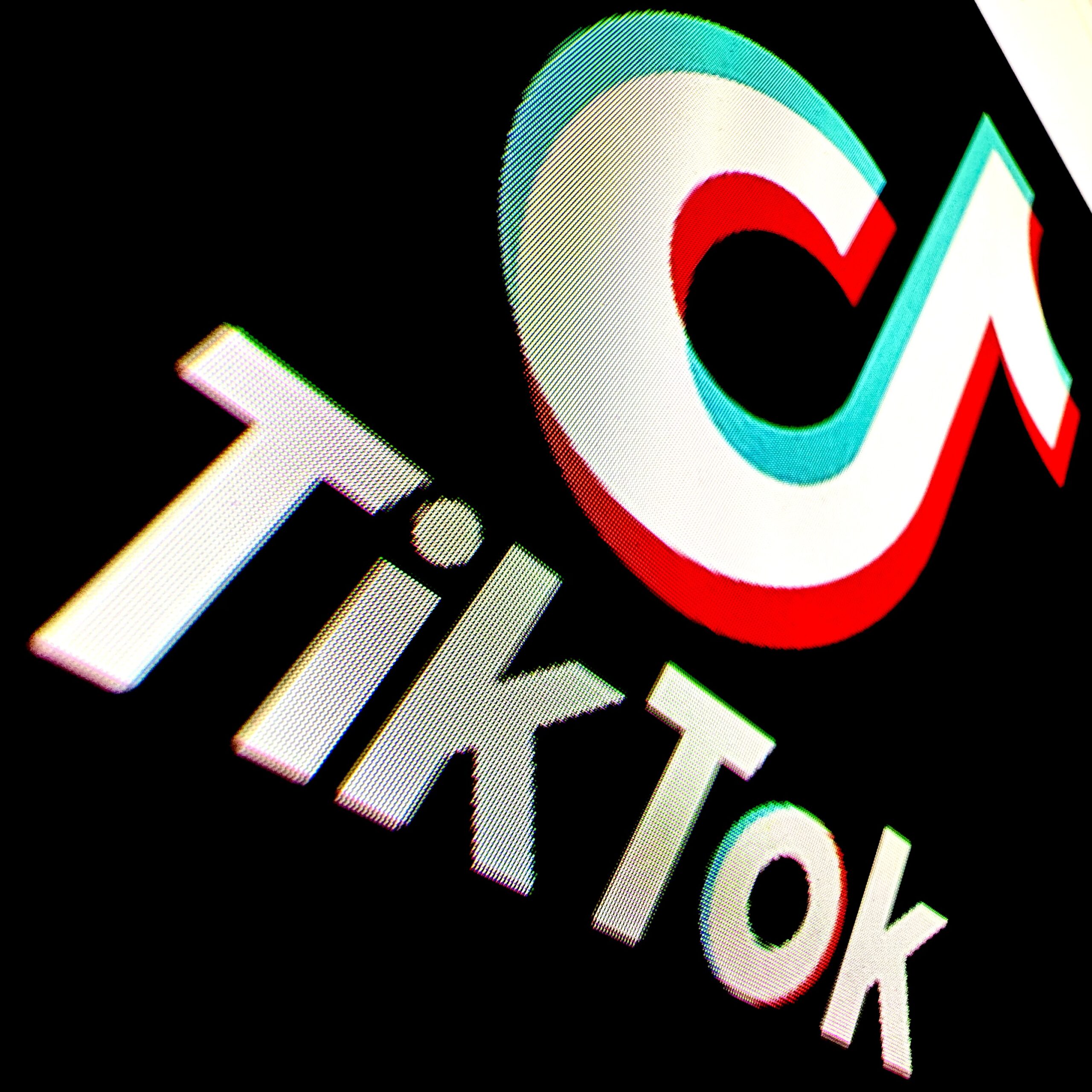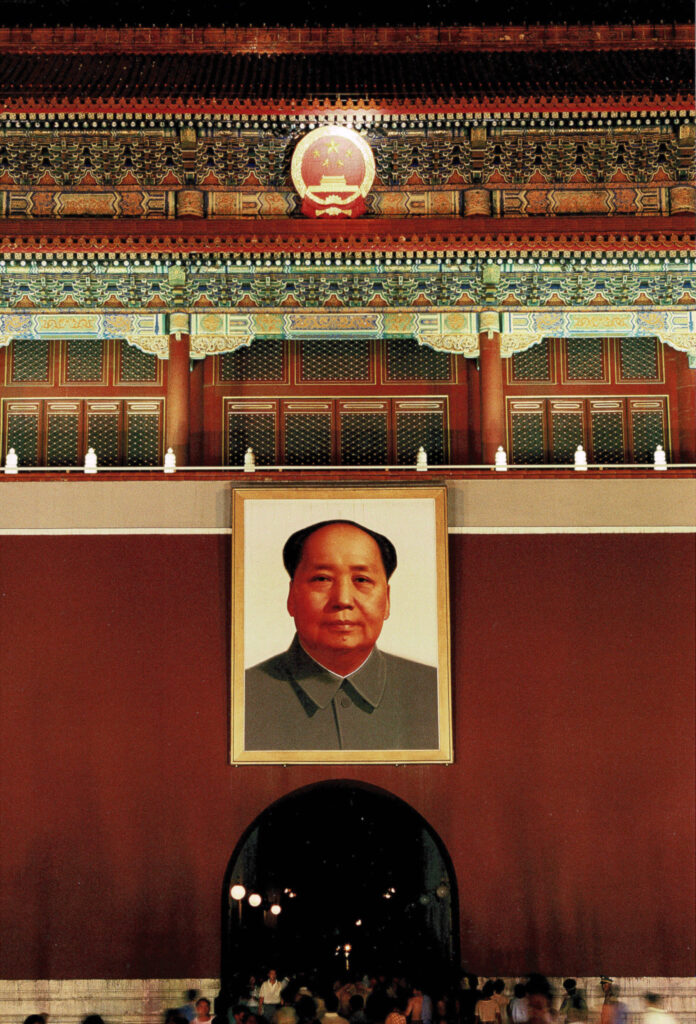TikTok Targeted in US and EU Election Year Scrutiny
Addressing Criticism and Enhancing Trust
TikTok is taking action to promote the app’s trust and credibility amidst recent US and EU election year scrutiny and criticism. TikTok CEO Mr. Shou Zi Chew addressed these concerns during US Congressional testimony as Chew faced heated and contentious questioning from US politicians in March 2023 and January 2024. TikTok’s actions are part of its ongoing response to questions about disseminating misinformation, disinformation, and biased information filtering on TikTok. Meta, Twitter/X, and other social media platforms face similar concerns regarding online content.
Reorganizing the Trust and Safety Unit
Following the January congressional testimony, TikTok announced it would be reorganizing its trust and safety unit, appointing Adam Presser to manage the division’s operations and directing changes following the replacement of previous content moderation staff leadership. Cormac Keenan, the previous head of the global trust and safety division, will be moved into a new role on the senior leadership team, providing direction as a strategic advisor.
Implementing Features to Address Misinformation
TikTok is implementing features and processes to address misinformation critiques. For the upcoming 2024 European Parliament election, TikTok will launch an in-app Election Center in March before the election. This in-app feature will help screen and verify the authenticity of election information as the election process commences. This will help users who are voters in the European Union to more conveniently find and understand authoritative and reliable election information. These actions are designed to deter and prevent disinformation parties from spreading false information to disrupt and manipulate the election.
Protecting Elections or Discouraging Voting?
The hostile questioning from US Congressional Republicans directed at TikTok may have more to do with election-year posturing rather than national security. Almost half of young voters in the US between the ages of 18 to 30 use TikTok. That same voting demographic skews Democrat, with 68% of young voters voting for Democrat candidates in 2022. However, although young voters tend to vote Democrat, they also tend to vote less than the older Baby Boomer generation.
If TikTok were to be banned in the US, it would likely benefit Republican candidates by suppressing young voter mobilization and information sharing via TikTok. With this demographic reality in mind, President Biden’s re-election campaign joined TikTok in an effort to better connect with and mobilize these young liberal voters.
Critiques and the Impact of TikTok’s Chinese Capitalization
The results of TikTok’s efforts to address concerns remain to be seen. However, despite tensions between China and Europe, TikTok, has become one of the most popular social media platforms in the world. TikTok’s Chinese capitalization may be one of the reasons for the attacks by some Western politicians, attacks which some observers have described as being beyond reasonable critique and crossing the line into being xenophobic, racist, and with shades of McCarthyism.
Future Directions: Policies and Regulations
TikTok can prove these concerns are unfounded if it continues to implement policies to protect user data privacy and combat disinformation. European and American politicians can also develop and enact laws and regulations cooperatively with TikTok and other social media platforms. Leveraging legislation and tech expertise can ensure all social media platforms are held to the same standards of accountability. This combined effort would protect privacy while promoting the sharing of unbiased information and maintaining a healthy public discourse environment.



